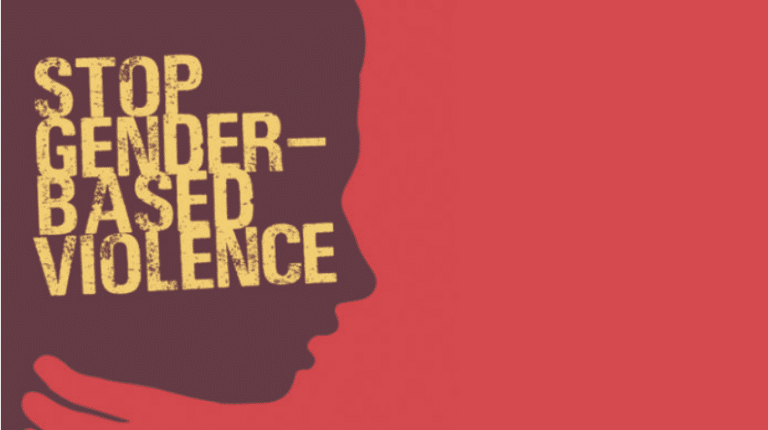On 6th February 2024, the EU Council and the EU Parliament reached a provisional agreement on the Directive on Combatting Violence against Women and Domestic Violence. Unfortunately, all mentions of “sign languages”, which had been included in the EU Parliament’s amendments, were removed by the Council during the trilogue negotiations. Moreover, the Parliament included a consent-based definition for rape in their amendments, as well as the banning of forced sterilisation. Very disappointingly, the most recently approved text does not include either of these provisions – this is a real missed opportunity. Although article 36a in the most recent text refers to specific prevention measures of rape and the promotion of the central role of consent in sexual relationships, this is not sufficient to criminalise this act of violence.
Nevertheless, the recently revised text includes strong reference to the reality of intersectional discrimination and explicitly mentions that this includes women with disabilities. Indeed, women with disabilities, including deaf women, are at a higher risk of all forms of gender-based violence (GBV). Furthermore, there is frequent reference to the need for Member States to provide tailored and specific supports based on the victim’s unique requirements. For instance, by ensuring that support services are accessible. However, any mention of services being made accessible does not provide specific examples of what this should include, e.g. national sign language interpretation. These examples would make this legislation more robust, nevertheless there are other provisions which can support this form of accessibility for deaf women and girls even if not explicitly mentioned.
The Directive specifically mentions that it will ensure consistency with the EU Disability Rights Strategy. In terms of help for deaf women and girl victims, it is crucial for all support services to be made accessible in the national sign language. It is highly important that, when Member States are implementing this law, all emergency helplines are made accessible to deaf women and girls with the option of SMS or video calls with interpretation in their national sign language.
Regarding next steps – the EU Parliament will vote on the provisionally agreed upon text, and should they adopt it at first reading, the Council will approve it and the act shall be adopted.
For more detailed information, please read our analysis of the directive below. In this document, we provide a breakdown of the most relevant provisions protecting deaf women and girl victims of GBV and how they provide the legal basis for ensuring all measures are accessible to them. However, we also provide an analysis of how these provisions fall short in protecting deaf women and girl victims of GBV.













